History
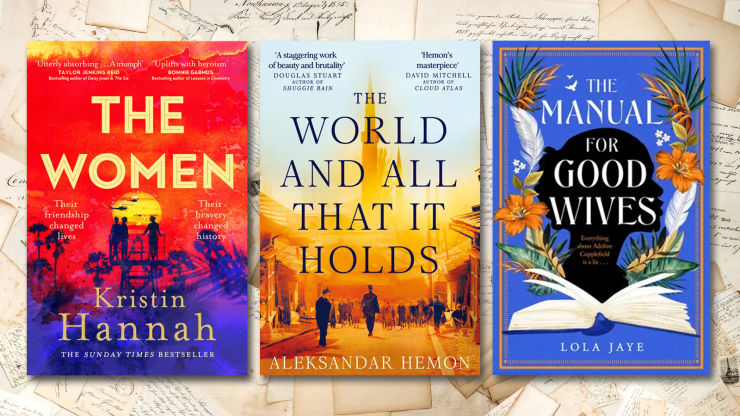
The 50 best historical fiction books of all time

The 50 best history books of all time
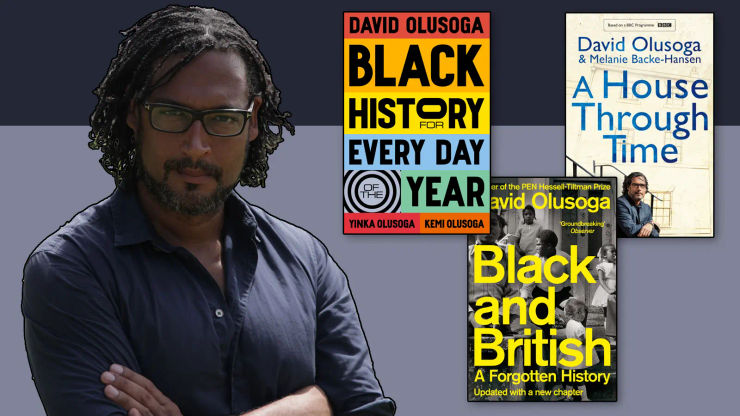
David Olusoga's books: a complete guide
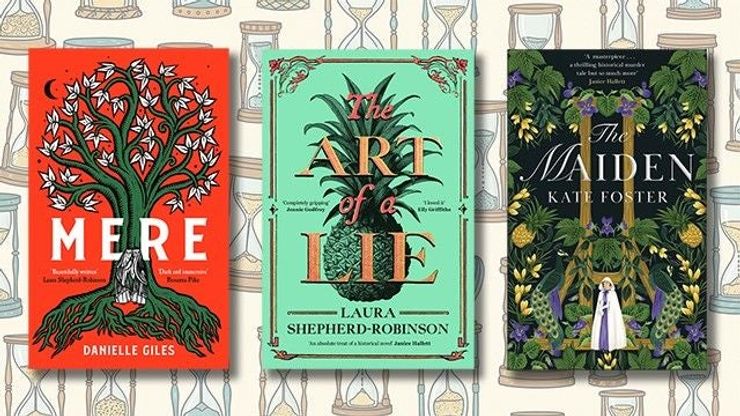
Eight novels that will transport you through Britain's past
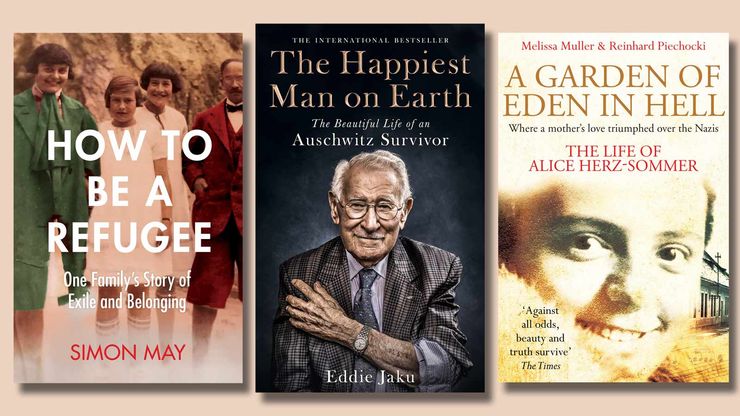
Eighteen essential books about the Holocaust
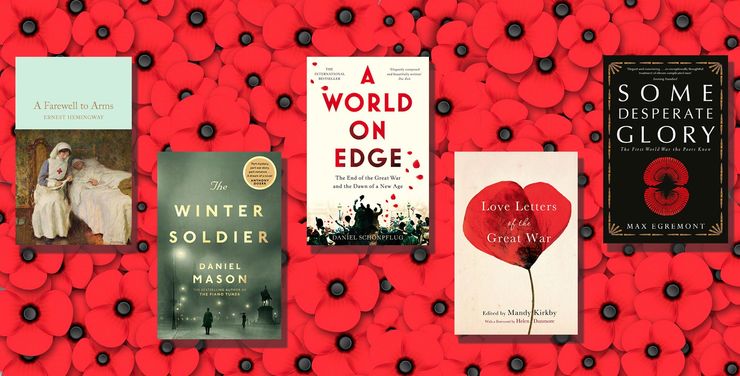
The best books about the First World War
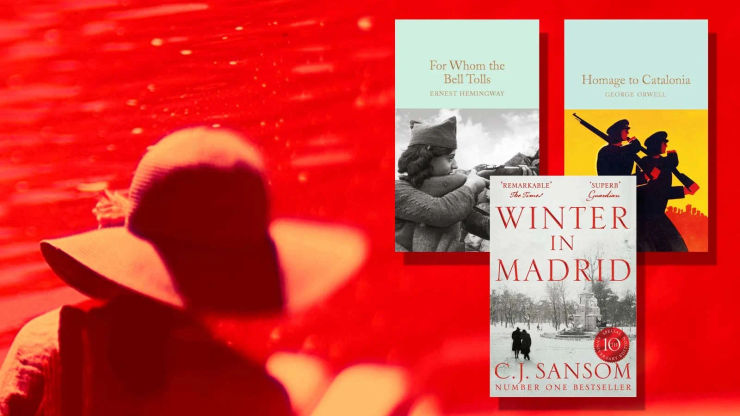
The best books about the Spanish Civil War

The best novels set in World War Two

Black history for every day of the year: well known figures and unsung heroes

A history of the invisible: exploring the overlooked details of everyday life

3 lessons I learnt from Eddie Jaku, survivor of Auschwitz

Kate Mosse on five warrior queens you may not know about